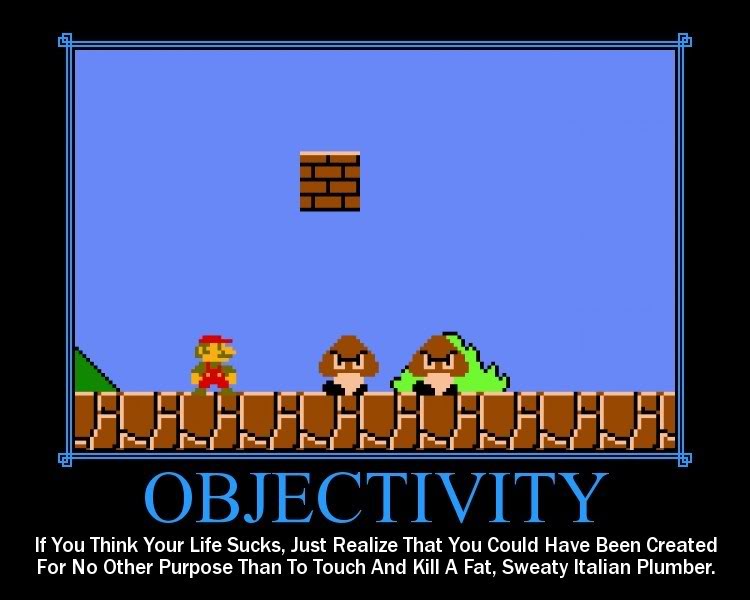On page 368 I found a powerful yet interesting quote that says, "Modernity is not an engine made up of integrated machinery, but one in which there is a tensionful, contradictory, push-and-pull of different influences." I agree with his statement, modernity is unpredictable and we can never expect this idea to stay constant like a machine or system. There are many factors that will make modernity different each day. For example the idea of capitalism. Each day businesses are trying to gain a profit and there is no consistent profit. Each year is different or even each day.
Giddens' then goes to explain the four frameworks of experience in modernity:
1. Displacement and reembedding- the intersection of estrangement and familiarity.
2. Intimacy and impersonality-the intersection of personal trust and impersonal ties.
3. Expertise and reappropration- the intersection of abstract systems and day-to-day knowledge ability
4. Privatism and engagement- the intersection of pragmatic acceptance and activism.
This to me explains Giddens phenomenology of his experience with modernity. He is describing that in order to have this modernity there needs to be familiarity between the two to understand how it works. In a sense there also needs to be an equilibrium of the two to modernity can work.
I thought this was a good example of our modern life. We cannot get away from technology and work.





